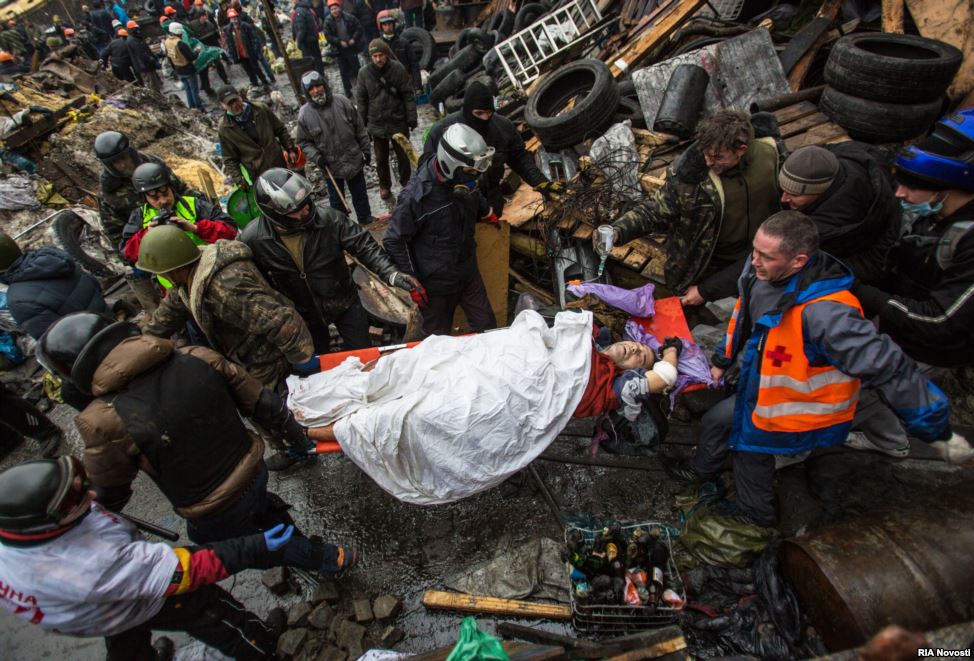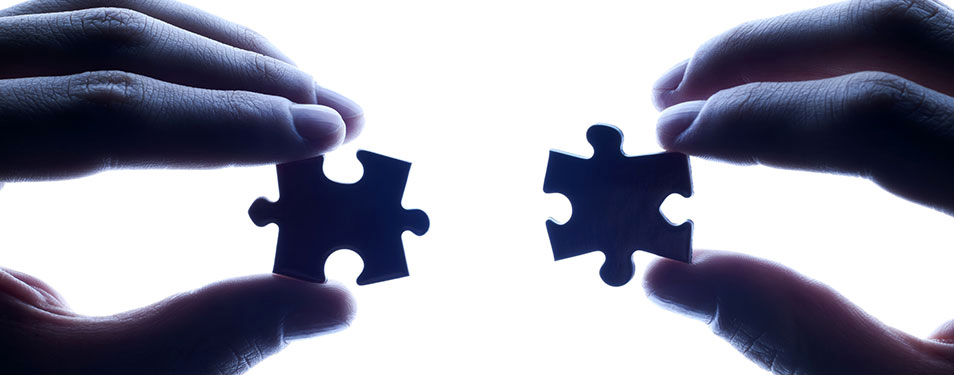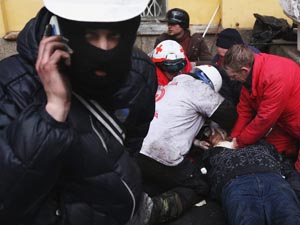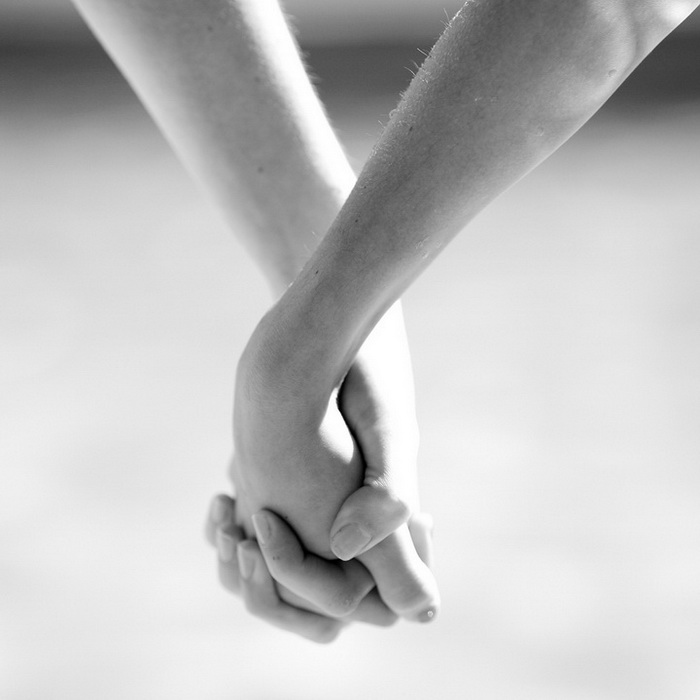
08.08.2014, Ukraine
Winter events haven’t only changed Ukraine, they transformed people’s consciousness. For some people these events brought the fondest memories, enthusiasm; for others – nightmare, emotional devastation and despair. In order to assist people in coping with their emotions Caritas Ukraine on basis of its regional organizations implements program of psychological support to Maidan victims.
Andriy Babushchak works with such people in Kolomyia. We interviewed him about his clients, about therapy and whether it is possible to cope with stress without any help, about life of people who took part in Maidan events and their attitude towards current events in Ukraine.
– Andriy, could you explain what people are at risk?
– We have been implementing our psychotherapeutic work since March. We provide assistance, first of all, to people who had traumas or strong psychological feelings on Maidan. Moreover, we work with families of deceased individuals: wives, children or parents had faced great shock and are in need of support. In some cases we help people who weren’t on Maidan in person, but they saw all things that were happening on their TV-screens.
– What are the existing threats for these people?
– Very often a post-traumatic stress disorder (PTSD) develops in people who were in the epicentrum of trouble spots. Here we speak not about psychic, but about psychological disorder that occurs in some time after a crisis situation: when a person outlived emotionally some stressful events, but doesn’t have a definite understanding what was happening and how to continue living on. Let us say, if Berkut approached people and started to hit them – they simply got lost. Or when a family of a deceased person received proof that their husband or father was killed – they couldn’t acknowledge what was happening and how it could happen, and how to live without husband, it was chaos in their minds. As a matter of fact, in these first minutes, hours and days a non-psychic pathology in a form of acute stress appears and then it transforms in PTSD.
– What are the manifestations of post-traumatic stress disorder?
– PTSD comes out in sleep disorder, rapid heartbeat, body perspiration, feeling of tension, excitatory tendency, disturbance and aggression. Or on the contrary – state of apathy, depression and despair. “F lashbacks” – compulsive recall of traumatic events in conscious – are also often observed. When people again and again experience those terrible moments that happened on Maidan, it can impel so-called ‘triggers’ – imaginative fragments that appear chaotically in person’s mind and arouse a severe emotional stroke.
lashbacks” – compulsive recall of traumatic events in conscious – are also often observed. When people again and again experience those terrible moments that happened on Maidan, it can impel so-called ‘triggers’ – imaginative fragments that appear chaotically in person’s mind and arouse a severe emotional stroke.
– How can you describe the process of treatment?
– It is not as simple as it seems, because in such case it is very important to stick to the rule “don’t make harm”. The main task of psychologist is to help person in systemizing everything. An injured person needs a certain resource, a possibility to see all events to himself/herself. And, obviously, psychologist has to slightly correct all things.
– Are people ready to contact you? Aren’t they shrinking into oneself? In our country it is not typical to visit a psychotherapist.
– That’s actually a problem – people can be ready to establish contact, but, undoubtedly, one of the most complicated task is to build trustworthy relationships for a person to open and share the most traumatic moments. Because when there is trust, you can start to work with an individual, get deeper in all that events, assist person in arranging everything in orderly pigeonholes. At the moment there are some people in my practice with whom I haven’t managed to establish such interconnection yet, and we are unable to deal with situation.

– How do you find people who are really in need of help? Do they address on their own?
– In fact, it is quite complicated to find such people, though a great number of them surrounds us. Events that are happening in Eastern Ukraine make things more difficult, people are constantly in fear. They don’t want to acknowledge that they are in need of help.
Virtually we find all clients by ourselves, nobody comes alone. I find it the most complicated to work with witnesses of traumatic events and less difficult with families of deceased people. We know where they live, we visit them and communicate with them from time to time. But it is another situation that doesn’t require such serious work. Moreover, it was easy for us to establish contact with people, who received medical treatment for wounds in Kolomyia Central Regional Hospital. I visited them and talked with everyone. In fact, firstly, the majority of them protests and refuses from help, though you can see with the unaided eye that they are in need of assistance.
– Is it possible to cope with own emotions without any help?
– In order to assist oneself on an independent basis I advise to do sport, get enough sleep and eat adequately, find an activity to distract attention. I would like to emphasize that a person who went through emotional sufferings, needs to be heard and supported, and also to have conditions for feeling in security. Here help of relatives and friends is very important.
security. Here help of relatives and friends is very important.
– If people refuse from therapy, what are the real threats for them?
– Subconscious emotional or imaginal return on Maidan can lead to many complications. The greatest hazard is in narrowing of consciousness field: person feels growing fears, neuroses and phobias appear. This condition results in physical and emotional break-down. The worst thing is that tomorrow can be predicted. People still expect negative development of events. And it happens on subconscious level.
Tags:

